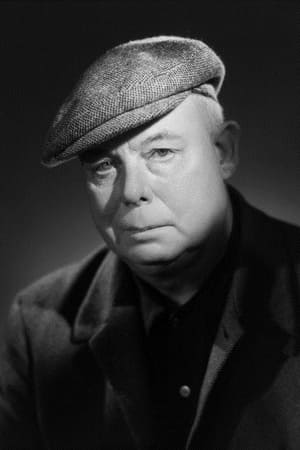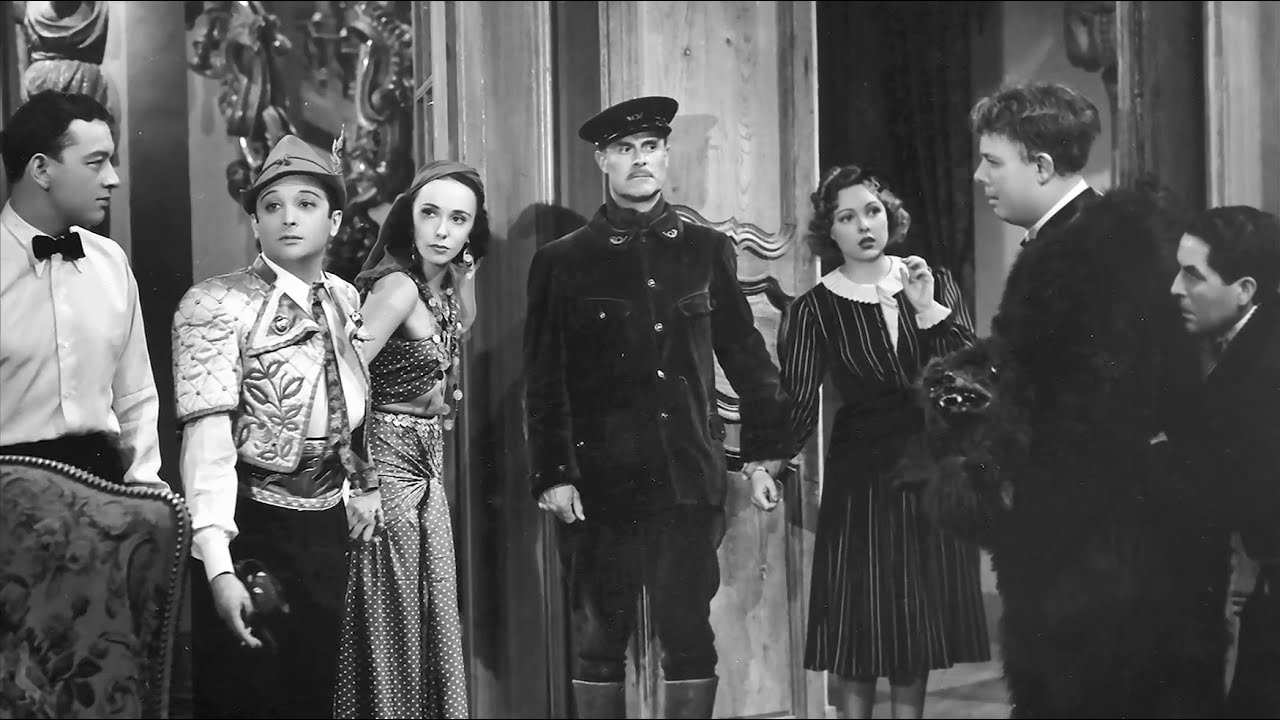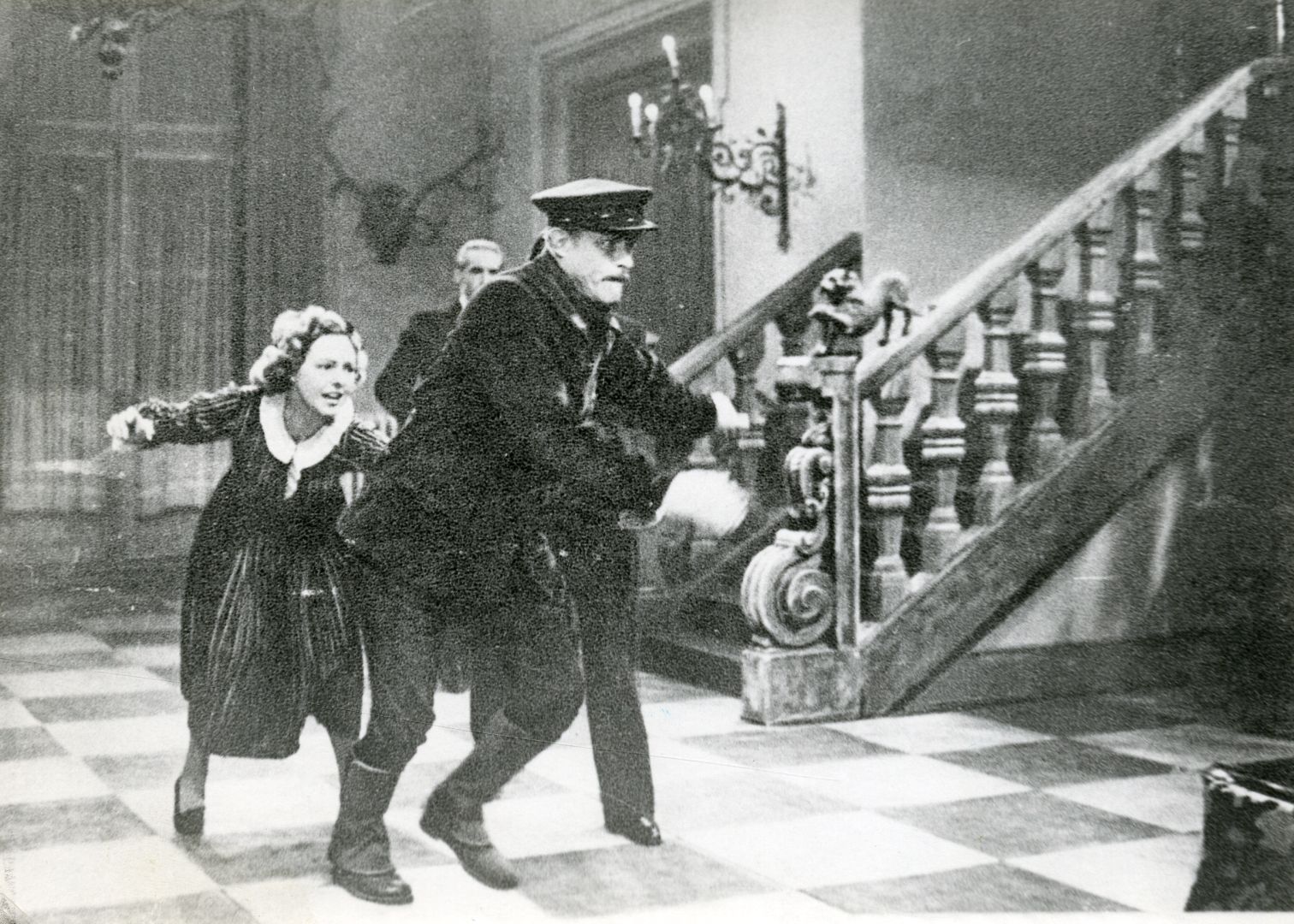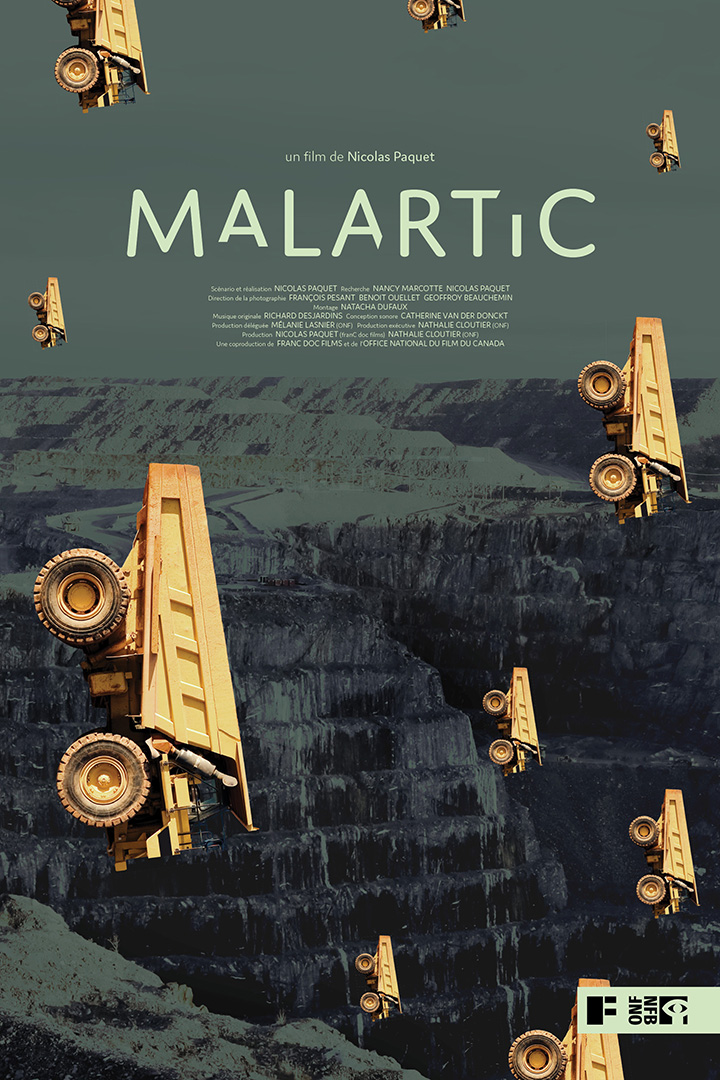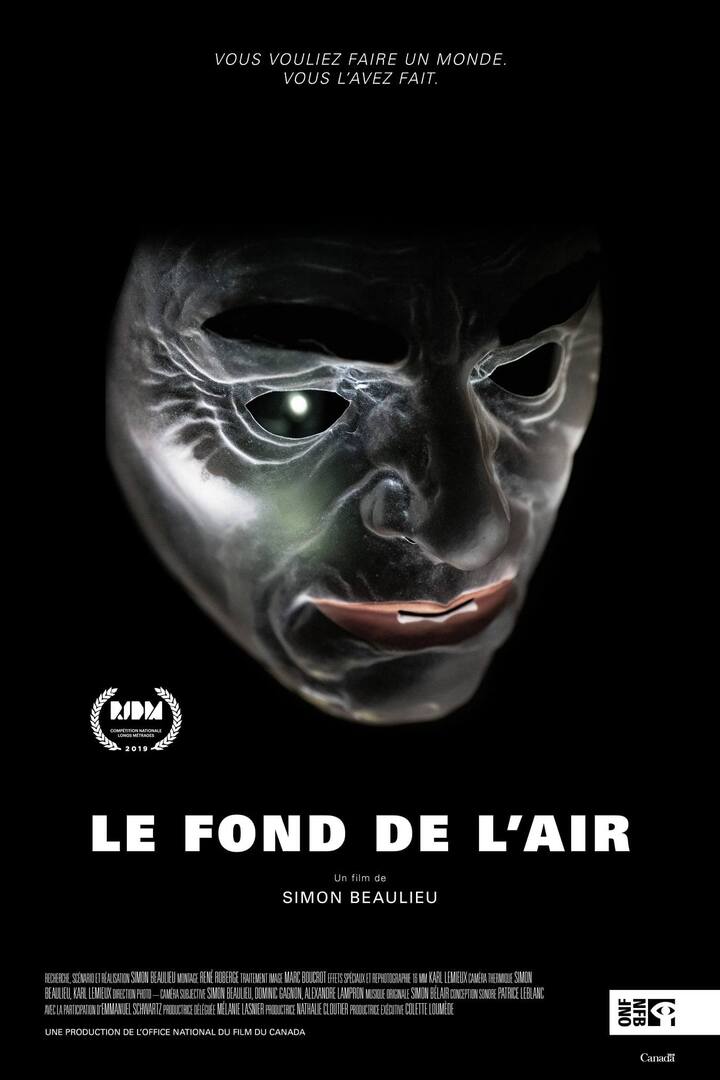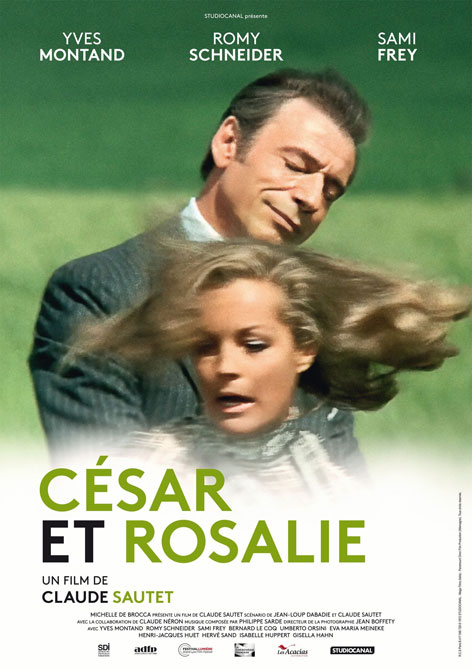The Rules of the Game
Making lists is an activity moviegoers are fond of. Every year, the same ritual: compilation of the ten best films, with comparative analyses, debates, heated discussions. But what about the ultimate list of the most outstanding films in the history of cinema? That is to say, those films that must be seen, those that have forever transformed the art of cinema, but also our way of seeing a culture, of understanding the world as well as our own lives? This program aims to tackle this challenge with nearly eighty films, produced between 1916 and 1960, while waiting for your lists!
People from the high society gathered for a hunting party suddenly reveal the underside of their honest appearances. A civilization is staggering and dying: the old world is on the verge of collapse and we can dream about the future of these puppets released into the darkness of the Occupation. (Raymond Chirat, 1988)
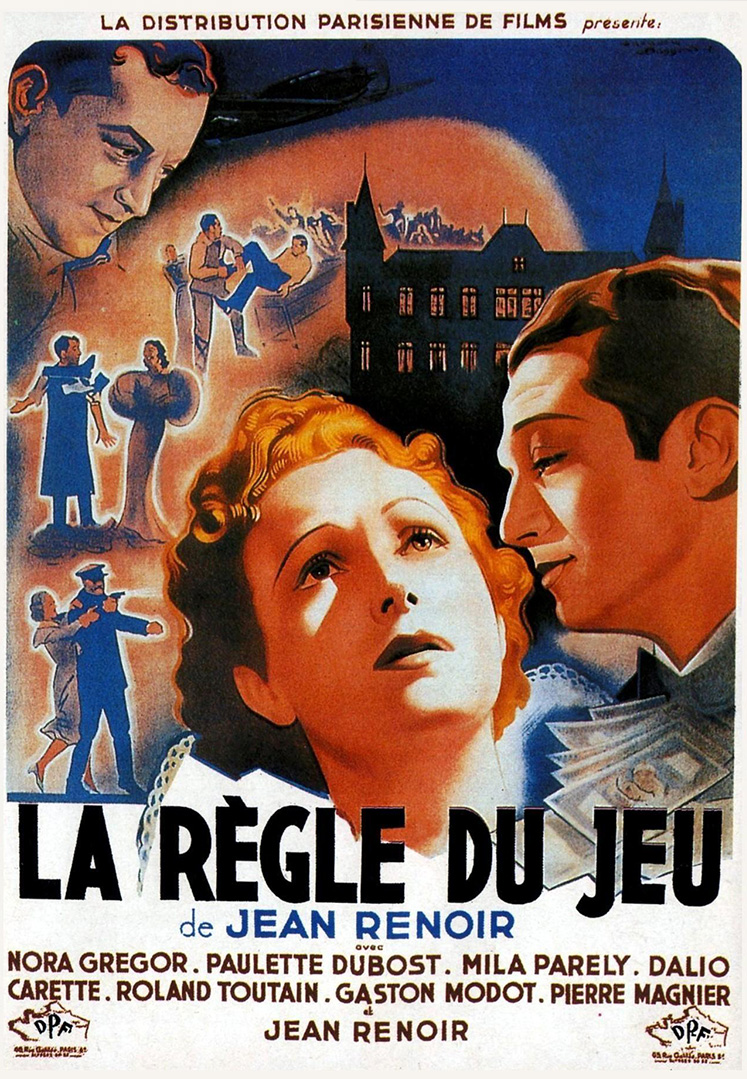
Jean Renoir
Second son of the famous painter Auguste Renoir, his films had a profound impact on the mutations of French cinema between 1930 and 1950, paving the way for the New Wave. After fighting in the army during the First World War, he directed his wife and older brother in his first film in 1924, La fille de l'eau. It wasn't a great success, but young Jean, with his passion for cinema, didn't give up. His career really took off with La chienne, in 1931. La grande illusion, starring Jean Gabin, and La règle du jeu are now considered major masterpieces of world cinema. In the early 40s, with war declared, he moved to Hollywood. He made a number of films there, including Vivre libre, L'homme du sud, Le journal d'une femme de chambre, but they were not very successful. He decided to return to France in the early 50s. In 1962, he made his last feature film, Le caporal épinglé, and in 1975, he received an honorary Oscar for lifetime achievement, before dying four years later in Beverly Hills, California.
